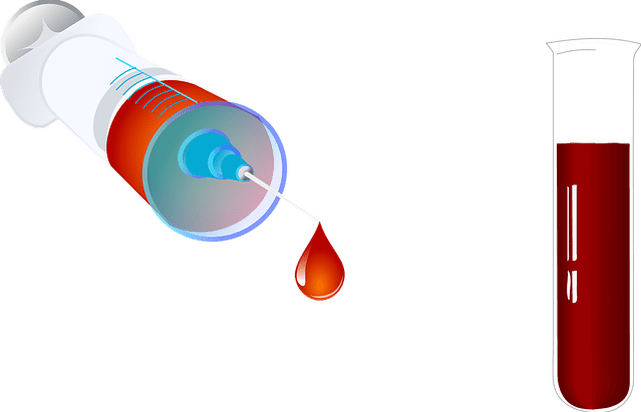Your child's healthcare team will order regular blood tests to check for a low blood count and to know when it is safe to give the next dose of chemotherapy.
Key points to remember
- your child will have regular blood tests - at the time of diagnosis, during their treatment and after treatment
- a nurse, phlebotomist (someone trained to take blood from a patient) or doctor will take your child's blood and send it to the laboratory to be studied
- your child's doctor or nurse will tell you what your child's blood test results are and what they mean
When will my child have a blood test?
Your child will have regular blood tests - at the time of diagnosis, during their treatment and after treatment. The haematology department counts the blood cells.
The blood count is one of several ways of monitoring the effects of your child's treatment. Your child's doctor or nurse will tell you what your child's blood test results are and what they mean.
Scientists who study tiny organisms (microbiologists) may check the blood to see whether there is an infection. This is called a blood culture.
The chemistry laboratory measures salts and chemicals in the blood sample. This gives information about how your child's kidneys and liver are functioning.
If your child needs a blood transfusion, blood samples can also help cross-match blood.
You can watch a video that explains blood counts on the Paediatric Integrated Cancer Service website.
Who will do the blood test?
A nurse, phlebotomist (someone trained to take blood from a patient) or doctor will take your child's blood and send it to the laboratory to be studied.
A nurse or phlebotomist will use a small finger prick to take blood. On some occasions, a nurse may take blood tests from the central venous line (CVL). If a finger prick won't provide enough blood for the test, and there is no CVL in place, a doctor or nurse will use a needle and syringe to take the blood from the vein.
The doctor or nurse will put a pain relieving cream or gel on your child's skin before the injection. This numbs the skin, so your child won't feel the needle prick.
Should I keep the results of my child's blood tests?
It's a good idea to keep your child's test results together in a folder. After your child's doctor or nurse has explained the tests your child will need, be sure to ask for further information if you want to understand more.
Click Donate to fund the ongoing development of the Circulating Tumor DNA project which will improve outcomes for those children already diagnosed with cancer.
Disclaimer - Content on this blog is for educational use only. Please consult your doctor or other health professional to make sure the information is right for your child.
Copyright - Please note that the information on this blog is copyright owned by The Paediatric Society of New Zealand and Starship Foundation. See copyright information at the Kids Health website.
